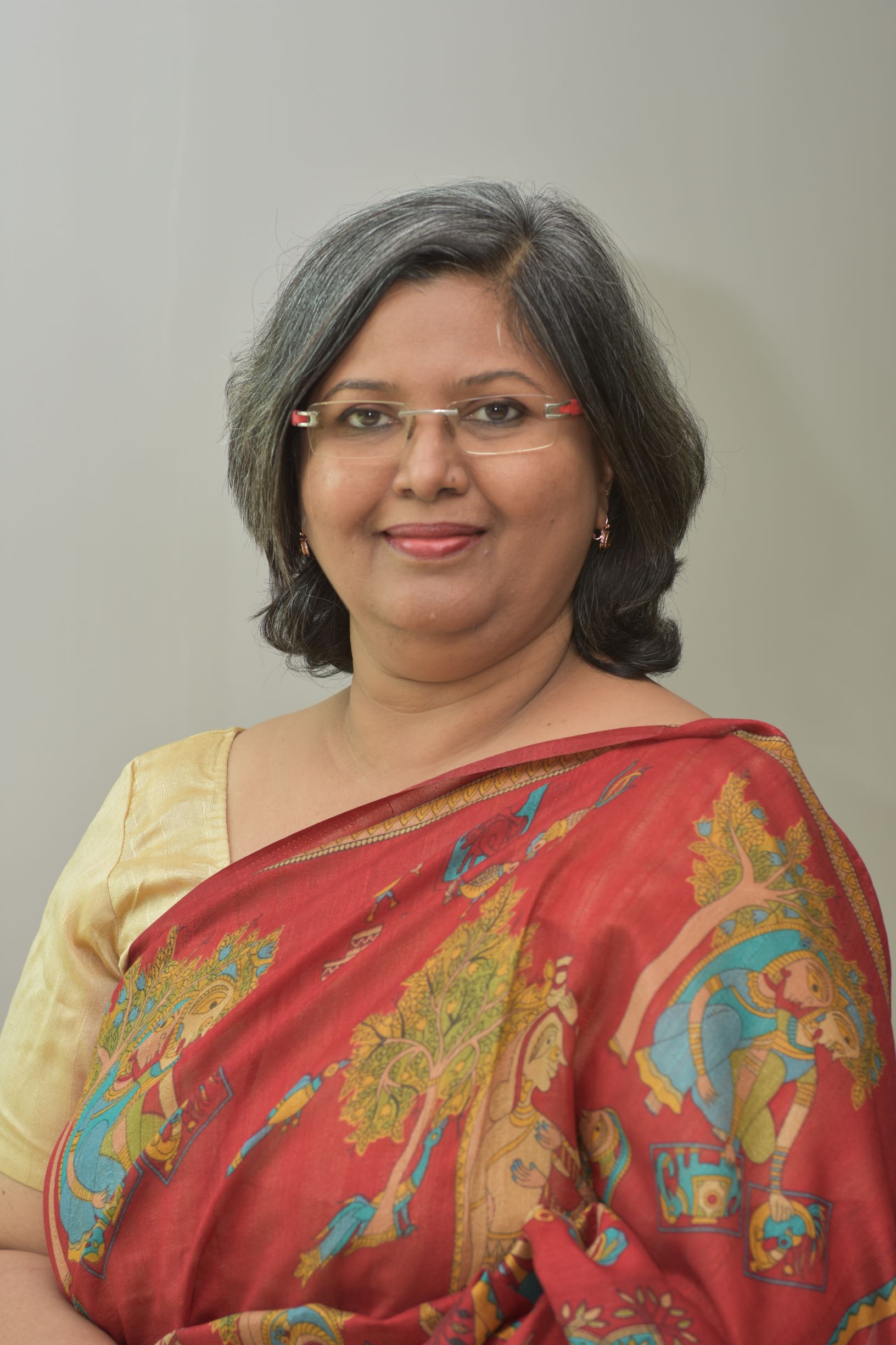When it was time for me to make the shift from individual contributor to a managerial role, in the number of interviews I attended, the emphasis was on that ‘specific’ skill/expertise required coupled with domain knowledge of the industry. This was the trend seen across professions and sectors.
Over the years, as businesses evolved given the changed dynamics of globalisation and interconnectedness between nature, events and changing shape of politics, the door widened to permit entry of leaders who were not experts in their field.
In 1914 Thorstein Veblen, an American economist and sociologist, coined the word ‘trained incapacity’. People who are trained in specific skills can lack the ability to adapt. Their response worked in the past, so they apply it regardless thereafter. As one becomes an expert in a subject matter, it is but natural to develop a high level of confidence. But this high level of confidence also gives rise to a tunnel vision wherein experts struggle to be flexible with new ideas and thoughts. When faced with a situation, the expert is more likely to respond in a set manner born out of his/her experience and ignore the context of the situation. They see the world as they expect to see it
On the other hand, generalists are shown to be more emotionally agile and adaptive of situations, the context and act in the moment and ‘now.’ They were more open to non-linear ideas and suggestions and are better at accepting failures born out of ‘trying something differently.’
The reason I bring this up is for you to assess who you are in your current professional journey and where do you want to go? Do you wish to develop an expertise in a particular field or do you want to experience new, diverse opportunities wherein you are bound to fail in some parts? But then hey, you can always rise and shine, can’t you!
Today, when you glance at a potential job opening, you will note a blend of skills. While recruiters would still like to hire someone with a domain knowledge, it is no longer the sole criteria. Businesses have become bold. They understand that with every experience comes a wealth of knowledge that can be harnessed for new learnings and the lessons learnt applied to old problems, leading to new solutions.
Here is a simple trick to gauge what kind of a person you are – an expert or a generalist?
Close your eyes and imagine what you are doing five years from now. Yeah, that cliched almost-asked-at-every-interview question…what do you see yourself doing? Still a communicator? Still in the agency? Same stuff? Do you see yourself doing anything different and new with a new skill set? Do you visualize yourself in a new environment? Are you an entrepreneur five years down the line? Are you creating a niche in a particular aspect of communications/PR work? Are you emboldened by diversity and inclusion and made that your passion? Is writing that ‘book’ now a hook that tantalizes you to sharpen your story telling skills?
Is there something that you have always wanted to do? If yes, when will you do it? Thinking different comes from taking risks to do different things. There is lots to learn and grow by dipping your fingers in different situations and following your passion to live a life that is enriched with variety.
If you have been an expert, time perhaps to move on to now be a ‘generalist.’
The views and opinions published here belong to the author and do not necessarily reflect the views and opinions of the publisher.



Be the first to comment on "Does being an expert have limitations?"